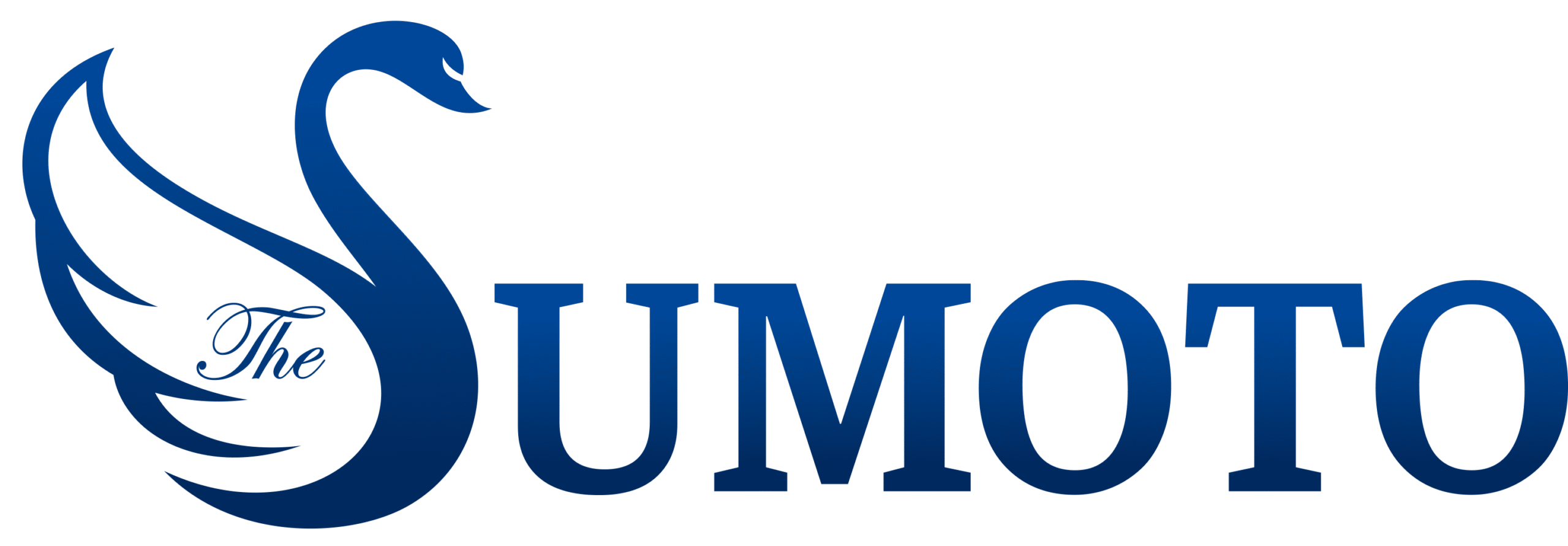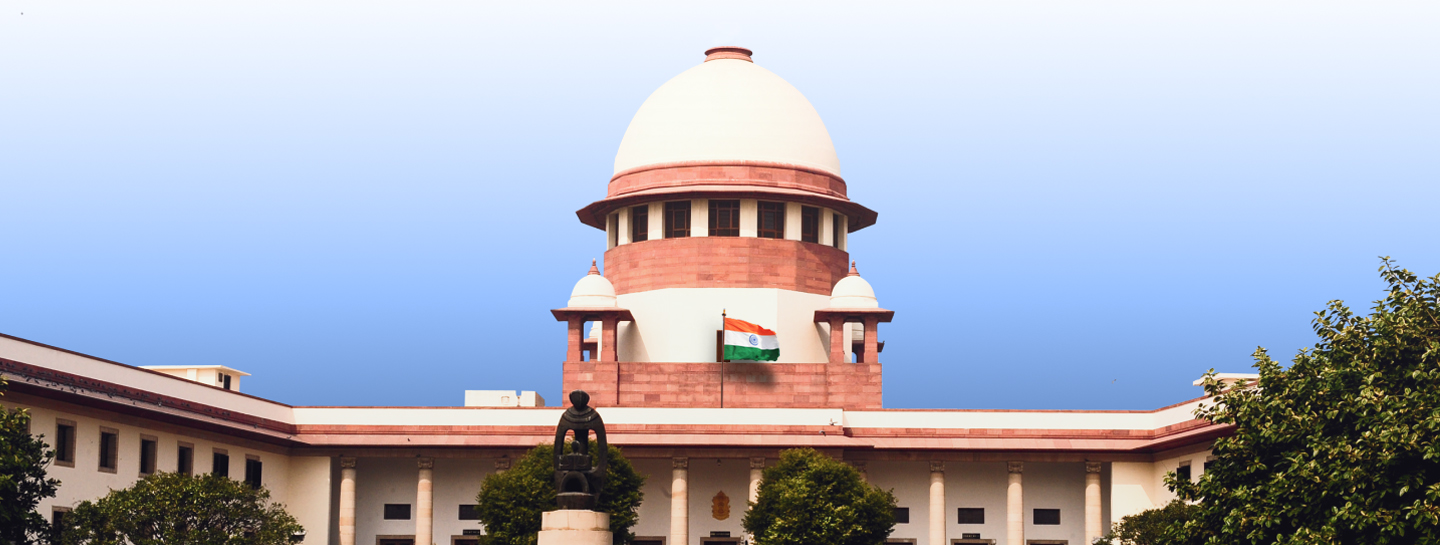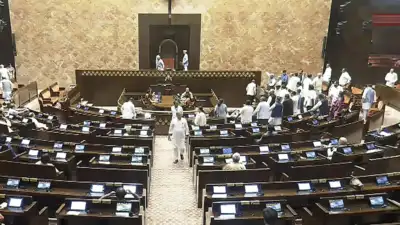The Supreme Court has drawn a firm line against State Bar Councils and the Bar Council of India (BCI) collecting any fee over and above the statutory enrolment charges under the Advocates Act, 1961.
Delivering its order on August 4, a Bench of Justices J.B. Pardiwala and R. Mahadevan declared that the concept of “optional fees” is legally invalid. “We make it clear there is nothing like optional. No State Bar Council or the Bar Council of India shall collect any amount described as optional. They shall strictly collect fees in accordance with the directions issued by this Court in the main judgment,” the Bench stated.
The ruling came while hearing a contempt petition filed by advocate K.L.J.A. Kiran Babu, who alleged that several State Bar Councils continued to impose charges well above the statutory limit, despite a clear Supreme Court direction in July 2024. In Gaurav Kumar v. Union of India, the Court had capped enrolment fees at ₹750 for general category candidates and ₹125 for Scheduled Caste/Scheduled Tribe candidates under Section 24(1)(f) of the Advocates Act.
Karnataka’s “Optional” Charges Rejected
During proceedings, the Bench was informed that the Karnataka State Bar Council demanded additional sums of ₹6,800 and ₹25,000 for identity cards, certificates, welfare funds, and training programmes — amounts described as voluntary. The Court dismissed this reasoning and ordered Karnataka to halt such collections immediately.
The BCI, in an affidavit, reported that most State Bar Councils are following the statutory fee — ₹600 to the respective State Bar Council and ₹150 to the BCI for general candidates, and ₹100 plus ₹25 for SC/ST candidates. Exceptions noted were Himachal Pradesh, which collects a welfare fund at enrolment, Jammu & Kashmir, which charges ₹900 and ₹450 under High Court rules, and Karnataka’s optional charges, now prohibited.
Telangana’s Fee Structure Matches Supreme Court Norms
The Bar Council of Telangana is already in compliance with the Supreme Court’s directive. As per official enrolment instructions:
- General Category: ₹600 to the Telangana State Bar Council + ₹150 to the BCI = ₹750 total.
- SC/ST Category: ₹100 to the Telangana State Bar Council + ₹25 to the BCI = ₹125 total.
No additional welfare fund or training charges are imposed at the time of enrolment, making Telangana one of the fully compliant states.
Strict Adherence Going Forward
The Court reiterated that beyond the statutory enrolment fee, only stamp duty — where applicable — can be charged. The directive applies prospectively, but all Bar Councils must strictly follow it in future enrolments.
The message from the country’s highest court is unequivocal: labelling a fee “optional” will not bypass the law. With this order, the Supreme Court has not only protected young advocates from unjustified financial burdens but has also reinforced the need for strict statutory compliance by professional regulatory bodies.
Telangana Advocates’ Enrolment Fee at a Glance
| Category | Telangana State Bar Council | Bar Council of India | Total Fee |
| General | ₹600 | ₹150 | ₹750 |
| SC/ST | ₹100 | ₹25 | ₹125 |
Note: No additional welfare fund, training, or “optional” charges are collected in Telangana at the time of enrolment.
State-wise Enrolment Fee Structure
| State / UT | General Fee (₹) | SC/ST Fee (₹) | Remarks |
| Telangana | 750 | 125 | Fully compliant with statutory limit |
| Karnataka | 750 (+ 6,800 / 25,000 earlier) | 125 (+ optional charges earlier) | Optional extras banned by SC |
| Himachal Pradesh | Above 750 | Above 125 | Welfare fund collected at enrolment |
| Jammu & Kashmir | 900 | 450 | Charges fixed under High Court rules |
| Most Other States | 750 | 125 | Statutory fee only |





